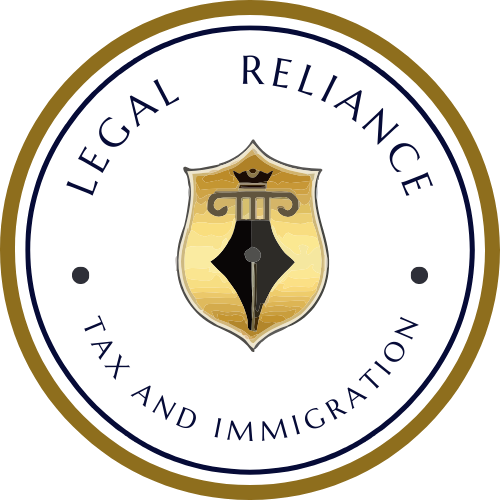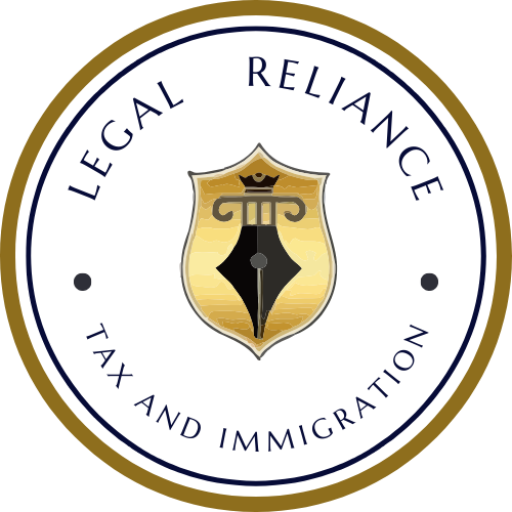Are you looking to reunite with your loved ones in the USA? The family visa is the perfect opportunity for Pakistanis who wish to sponsor their relatives to join them in America. Navigating the visa process can feel like solving a complex puzzle, but don’t worry—we’re here to simplify everything. In this guide, you’ll find step-by-step instructions, eligibility requirements, and useful tips to make your application successful.
What is a USA Family Visa?
The USA family visa is designed to reunite families by allowing U.S. citizens and lawful permanent residents (LPRs) to sponsor specific relatives for immigration. It’s like opening a door to endless possibilities, enabling loved ones to live together and share life’s milestones.
Types of USA Family Visas
The family visa is divided into two main categories:
- Immediate Relative (IR) Visas: These are for close family members of U.S. citizens, such as spouses, parents, and unmarried children under 21.
- Family Preference (F) Visas: These cover a broader range of relatives, including siblings and married children of U.S. citizens, and specific relatives of LPRs.
Each category has unique eligibility requirements and processing times.
Eligibility for a Family Visa
To qualify for a family visa, both the sponsor and the beneficiary must meet certain criteria.
- Sponsor’s Eligibility: The sponsor must be a U.S. citizen or an LPR, over 18 years old, and financially capable of supporting the relative.
- Beneficiary’s Eligibility: The sponsored relative should meet the relationship criteria, and in some cases, pass health and background checks.
How to Start the Sponsorship Process
Starting the process is simpler than you might think. Begin by determining the appropriate visa category for your relative. Research the specific requirements and gather the necessary documents.
Filing Form I-130: Petition for Alien Relative
Filing Form I-130 is the first official step in sponsoring a relative. This form establishes the relationship between the sponsor and the beneficiary.
- How to File: Submit the form online or by mail to the U.S. Citizenship and Immigration Services (USCIS).
- What to Include: Proof of relationship, financial documents, and personal identification.
The approval of this form doesn’t grant the visa but sets the process in motion.
Document Checklist for Family Visa Applications
Keeping your paperwork organized can save you from unnecessary delays. Here’s what you’ll need:
- Proof of U.S. citizenship or LPR status for the sponsor
- Birth and marriage certificates
- Passport-sized photos
- Financial documents, such as tax returns and pay stubs
- Proof of relationship (letters, photos, affidavits)
The Role of the National Visa Center (NVC)
Once Form I-130 is approved, the case is forwarded to the National Visa Center (NVC). The NVC handles the pre-interview phase, including collecting fees and supporting documents.
- What Happens Next?: After reviewing your case, the NVC schedules an interview at the U.S. Embassy or Consulate in Pakistan.
Visa Fees and Financial Requirements
Applying for a family visa involves specific costs. Sponsors must also demonstrate financial capability through an Affidavit of Support (Form I-864).
- Key Fees:
- Form I-130: $535
- DS-260 (Immigrant Visa Application): $325
- Affidavit of Support Fee: $120
Visa Interview Process
The visa interview is a critical step. It’s your relative’s chance to prove eligibility and intent.
- Preparation Tips:
- Review all submitted documents.
- Be ready to answer questions about the relationship.
- Dress professionally and arrive early.
Common Mistakes to Avoid
Small errors can lead to big delays. Here’s what to avoid:
- Incomplete forms or missing documents
- Providing false information
- Missing deadlines
Tips for a Successful Application
- Start early and stay organized.
- Double-check documents before submission.
- Seek professional guidance if needed.
Understanding Visa Processing Times
Processing times vary based on the visa category and USCIS workload. Immediate relatives often experience faster processing compared to family preference applicants.
Dealing with Visa Denials and Appeals
If the visa is denied, don’t lose hope. You can appeal the decision or reapply after addressing the reasons for denial.
Benefits of a Family Visa
Reuniting with family creates emotional and financial stability. A family visa also opens opportunities for education, employment, and a brighter future in the USA.
What to Expect After Arrival in the USA
Once your relative arrives, they’ll need to complete certain formalities, such as applying for a Social Security number and green card.








